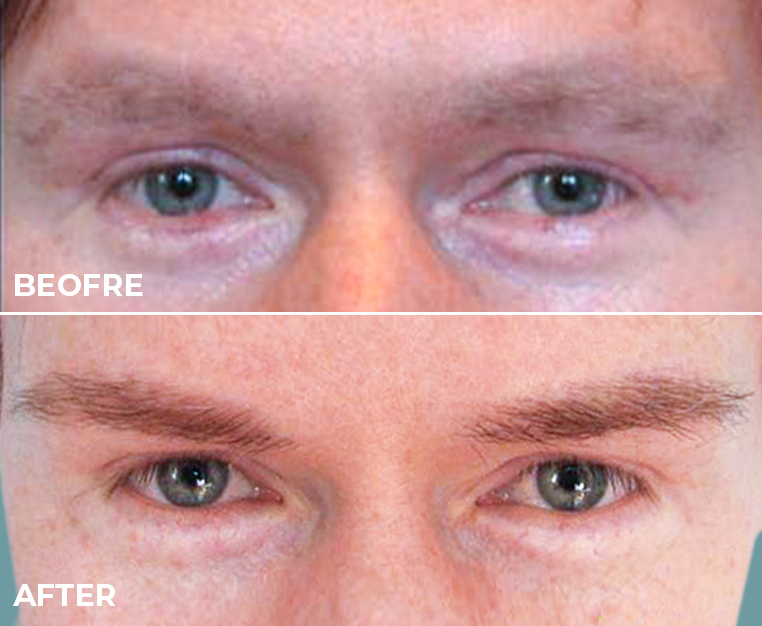World Menopause Day falls on October 18 every year. It provides an opportunity to raise awareness of the effects of menopause and to flag up some of the support that’s available for women going through it. There is a huge range of cognitive, physical and psychological symptoms associated with menopause. One of these is hair loss.
This article will look at the impact menopause has on your hair, why it happens and what you can do about it. Keep reading!
What Causes Hair Loss in Menopause?
The major cause of hair loss and thinning during menopause is hormonal imbalance. The finger of blame points at two hormones in particular, oestrogen and progesterone. These two hormones perform several functions, one of which is to keep your hair in the anagen or growing stage of the growth cycle. When menopause comes along, the levels of both hormones drop. This causes your hair to grow more slowly.
That’s not the end of the bad news, however. The decline in oestrogen and progesterone means that the testosterone in your body now plays a bigger role. Certain forms of testosterone, most notably dihydrotestosterone (DHT), cause hair follicles to shrink, making your hair finer and more brittle. Other factors that may contribute to menopausal hair loss include stress, poor diet and illness.
So, is there anything you can do to change the situation?
Healthy Lifestyle
The general rule is that what’s good for your overall health is good for your hair too. That means you should look closely at your lifestyle and see where you can make improvements. Two obvious areas are diet and exercise. Eating a balanced, low-fat diet will ensure that you are getting enough of the nutrients that are essential for keeping your hair in good condition and promoting regrowth. Whole grains, fruit and vegetables should form a significant part of your diet. Fatty acids are also important. These can be found in salmon, tuna, flaxseed oil, walnuts and almonds.
Exercise is good for your hair, surprising as that might sound. Exercise gets your heart pumping and improves the blood flow around your body. This means that a better supply of nutrients and oxygen reaches your scalp and hair follicles. Exercise is also a great way of managing stress levels. Nor do you have to turn yourself into a gym bunny to reap the benefits. Walking and cycling are just two forms of exercise that you can build into your daily routine and which will pay dividends very quickly.
A few changes to your haircare routine can also help with thinning hair. You should cut down on the use of heat styling tools to avoid drying out your hair and making it brittle and prone to breakage. Don’t wear your hair in tight styles that are likely to pull and stress it. Hair extensions, too, should be avoided. Try and keep hair washing to a minimum and, when you do wash it, use a volumising shampoo and nourishing conditioner.
Treatments
Lifestyle changes are important. They will give your hair the best chance of recovering from the damage menopause causes and, of course, they are good for your overall health. If you want to give hair regrowth a bit of a stimulus, however, there are treatments available that can speed the process up. Platelet-Rich Plasma (PRP) is a non-surgical medical procedure that involves injecting a solution of concentrated plasma containing growth cells directly into the hair loss area. The solution is derived from a blood sample taken from the client which is spun in a centrifuge to separate the platelet-rich plasma from other factors.
Mesotherapy is a similar treatment in that it is also injected directly into the hair loss area. It has been widely used over the years for facial rejuvenation, weight loss and cellulite reduction but more recently has been shown to strengthen hair follicles and improve blood flow to the scalp. Both PRP and mesotherapy are safe to use and have no known side effects.
Conclusion
The type of hair loss women experience during menopause may not be as dramatic as some forms of alopecia, but it can have a major impact. At a time when a woman’s confidence is being shaken by the physiological and psychological changes menopause brings, the thinning out of one’s hair is another body blow. As this article has shown, however, there are steps you can take to mitigate the effects.
Hair loss, like many other things in life, is best dealt with early. If you think you have a problem, therefore, you should speak to a hair expert as soon as possible. At Vinci Hair Clinic, we have plenty of those. We’re also offering a free, no-obligation consultation to all our new clients, so you can speak to one of our experts without committing to anything. Get in touch today and book your appointment!


